On November 12, 2015, Grand Challenges Explorations grants were announced for 59 researchers from around the world. Each will receive $100,000 to conduct early-stage research projects focusing on one of six global health and development challenges selected for this Round.
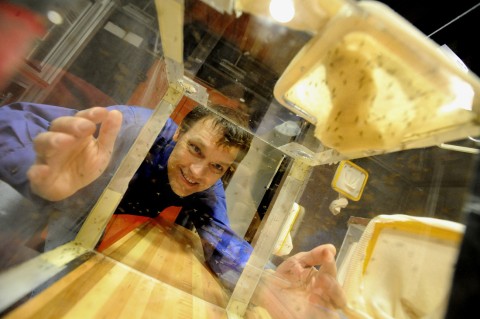
Szabolcs Marka of Columbia University in the U.S. will develop acoustic software to locate mosquito swarms by their sound, thereby allowing elimination of thousands of breeding vector mosquitos that can cause diseases such as malaria.
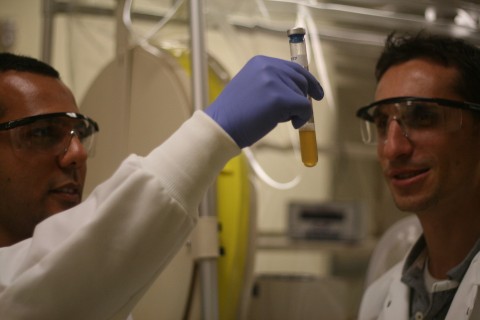
Chase Beisel of North Carolina State University in the U.S. will exploit non-lytic bacteriophage for promoting infant gut health and treating enteric infections in low-resource settings.
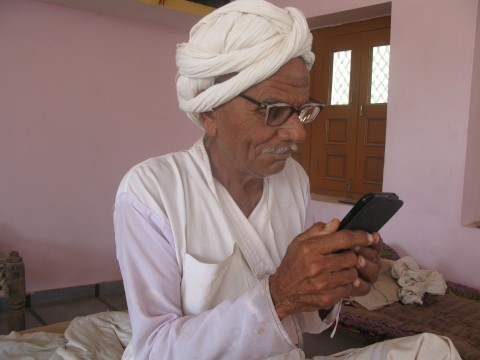
Neil Patel of AwaazDe Infosystems Pvt Ltd in India will produce interactive podcasts that are sent by mobile phone to inform local users in India on relevant financial services and to collect their feedback on specific issues in audio form, making it more widely accessible.
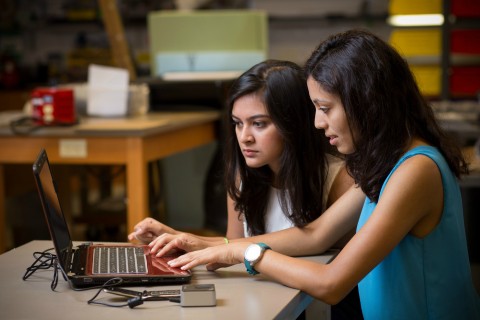
Christine Yee with Darpan Bohara and Yashna Sureka of Smith College in the U.S. will develop a fingerprint scanner that can link to phone networks and banks to enable merchants to easily and quickly accept mobile money payments in India.
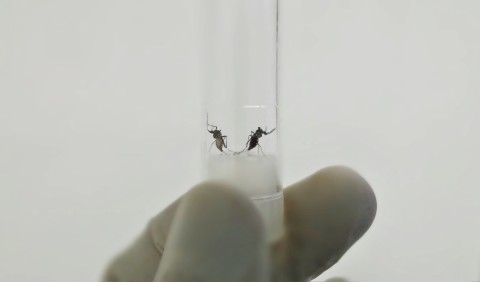
Heverton Dutra of Centro de Pesquisas René Rachou, FIOCRUZ in Brazil will develop an artificial diet based on protein and fat to sustain mosquitoes infected with the Wolbachia bacteria, which are needed in large numbers to prevent transmission of the dengue virus.
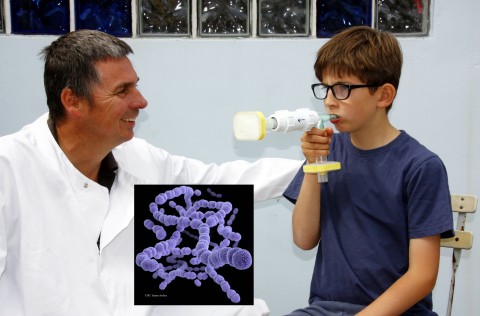
Bastiaan Hoogendoorn at Cardiff University in the United Kingdom will develop a simple, inexpensive breath-testing device to measure the type and levels of bacteria in the lungs for rapid diagnosis of pneumonia in children in low-resource settings.
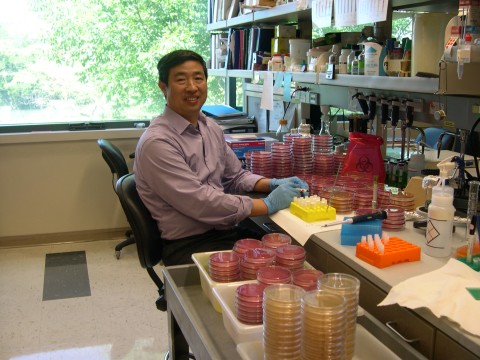
Haiqing Sheng and collaborators Carolyn Bohach and Scott Minnich from the University of Idaho in the U.S. will exploit the CRISPR-Cas9 (Clustered Regularly Interspaced Short Palindromic Repeats and CRISPR-associated protein 9) system in a dual approach to combat enteropathogenic Escherichia coli (EPEC) infections.
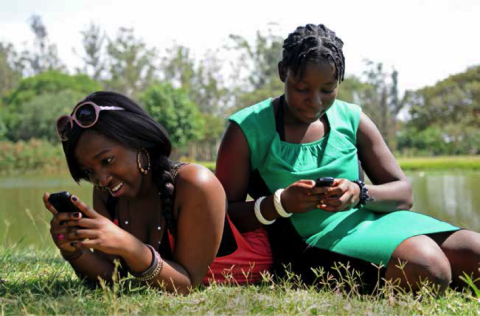
Paula Hidalgo-Sanchis and team at Pulse Lab Kampala – UN Global Pulse in Uganda will develop software that can transform raw data on mobile money use in developing countries into user-friendly formats to inform policymakers and researchers to help expand the field.
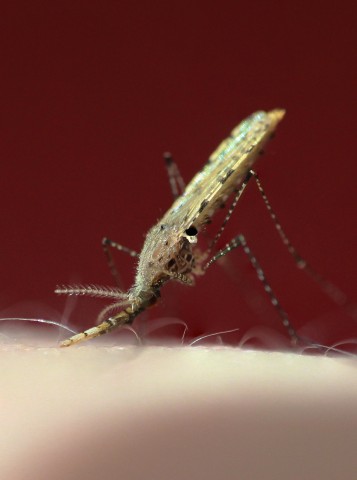
Brandyce St. Laurent of the National Institutes of Health in the U.S. will test whether cow-baited tents can be used to monitor and control disease-causing mosquitoes in the Greater Mekong Subregion.
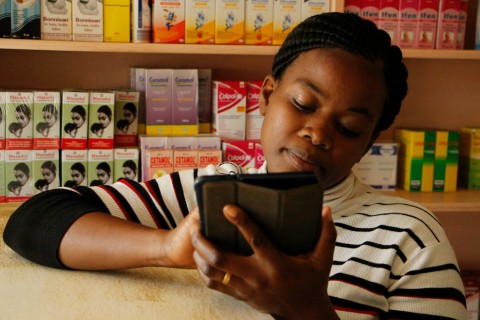
Jennifer Stutsman and Jessica Vernon of Miti Health in the U.S. will encourage chemists and pharmacies to accept mobile money in Kenya by integrating their tailored software application with an established mobile payment system, and providing automatic registration and financial incentives.

Bradley Willenberg at the University of Central Florida in the U.S. will design a simple trap that works without electricity to help survey local vector mosquito populations and uses a color change to signal the presence of human disease-causing pathogens.
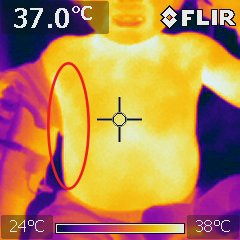
Patricia Hibberd of Massachusetts General Hospital in the U.S. will develop a low-cost thermal imaging system for a smart phone to diagnose bacterial pneumonia in children from developing countries where the standard chest X-ray is often unavailable.
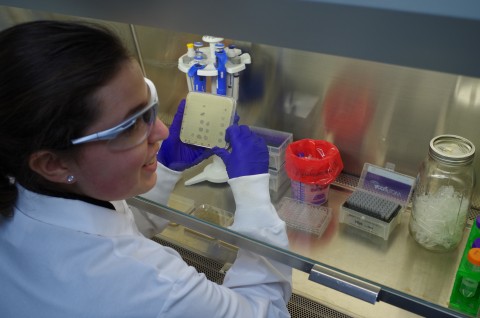
Anika Kinkhabwala of EpiBiome in the U.S. will exploit the development of resistance to bacteriophage by pathogenic bacteria to improve children’s gut health. Bacteriophage recognize proteins and other molecules found on the surface of bacteria, which they use to infect and kill them.
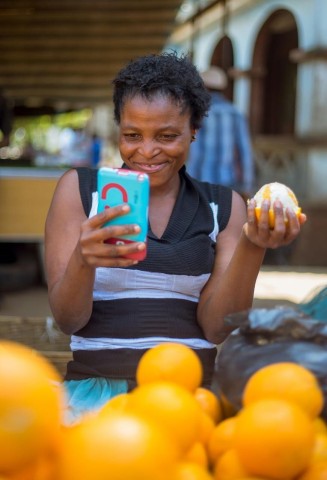
Margaret McConnell of Harvard University and Mindy Hernandez of Mobiles4All (M4A) in the U.S. will generate rich datasets related to mobile phone use in Africa by providing mobile phones and incentives for users to share data.
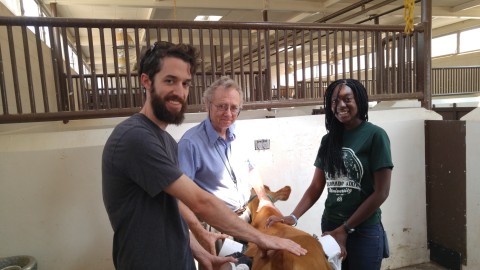
Brian Foy of Colorado State University in the U.S. will use antibodies that bind essential proteins in the mosquito Anopheles in order to block malaria transmission.
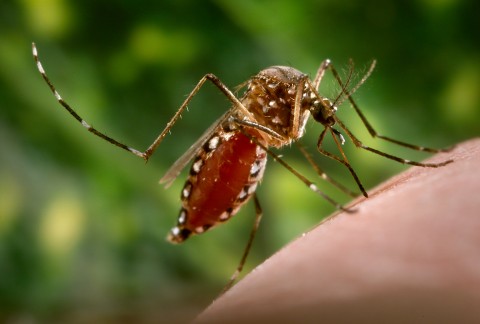
Paul Young of the University of Queensland in Australia will monitor mosquito populations using ultra bright nanoparticles coated with selected monoclonal antibodies to detect associated microbes such as Wolbachia, coupled with a low-cost readout device.
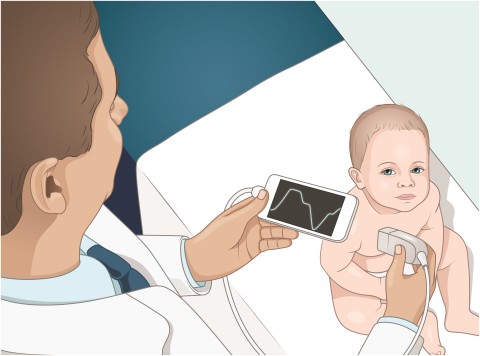
Jonathan Rubin of the University of Michigan in the U.S. will develop a simple, low-cost ultrasound device with cell phone display that can diagnose children with co-existing pneumonia and malnutrition.